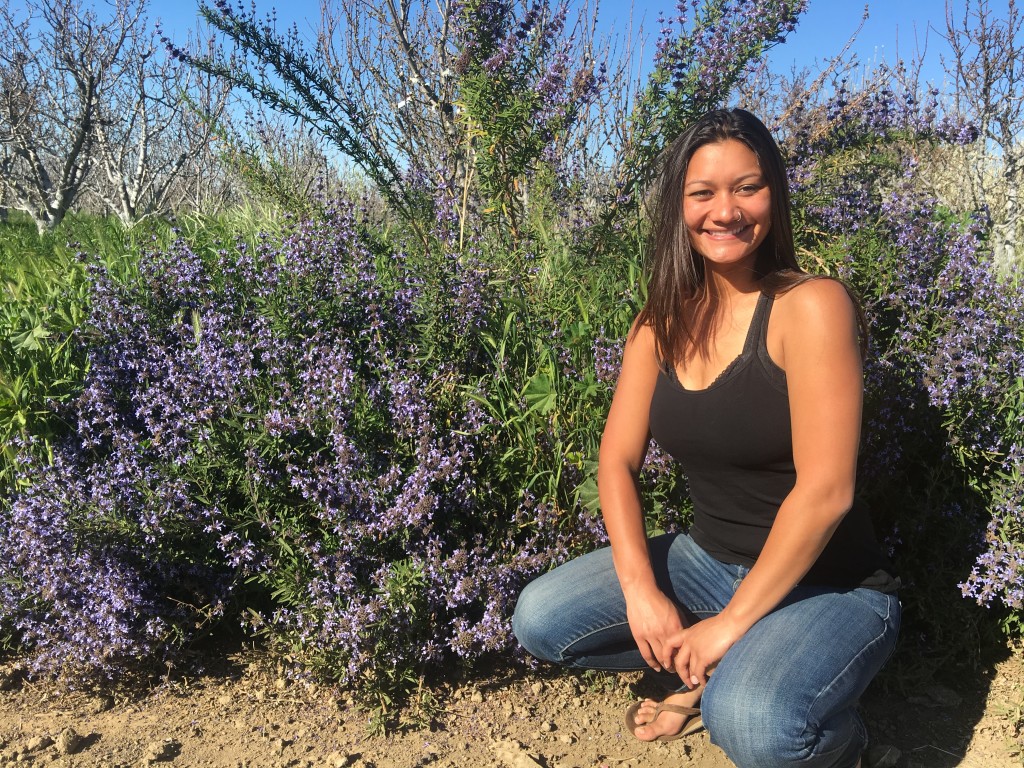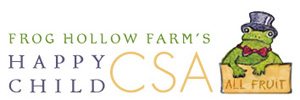
Our food system is in trouble. Farming has become increasingly more difficult. Many factors are causing farming to become increasingly more difficult including, climate change, an increasing need for bee keepers and bee pollinators, and a drastic decrease in the number of bee keepers and bee populations available. These dangers threaten the food we bring to our tables.
In the past, farmers relied on one or two species of pollinators to pollinate thousands of crops, but as these species struggle to survive, there is a imminent need to rely upon other native bee species to sustain our agricultural communities. With over 1600 bee species in existence, Berkeley Urban Bee Lab has made it their mission to establish new habitats that will work to conserve and protect California’s native bees.
In 2009, the USDA were made aware of the extensive research that the UC Berkeley Urban Bee Lab had been doing in urban settings. The researchers at the Bee Lab were finding predictable patterns between bee-to-plant relationships. The USDA was interested and asked if they could extend their research and data to agricultural settings. The Bee Lab had spent 12 years prior to 2009 gathering data on which plants attracted which native bee species and their data base was robust. That same year, Farmer Al was searching for someone to help him grow his native pollinators – it was perfect. Farmer Al and Dr. Frankie, the founder of the Bee Lab, were introduced in 2009 and started to discuss the possibilities.
Frog Hollow joined Berkeley Bee Lab’s as one of the first farms for experimentation. In the seven years of their relationship, they have installed a large amount of habitat – about 20 acres of the farm with around 5 different California native plant species. They have installed 500 individual plant types to our farm! The Bee Lab has primarily focused on cherry and apple crops and observing the specific pollinators that are attracted to those plants.
The Bee lab, when working with an agricultural setting, must take into consideration the different cultures of each farm as well as the limitations of what the farmers will be able to manage without adding to their already significant work load. They also must consider the many external factors that take place on a farm that do not necessarily take place in urban gardens. Agricultural plants must be resilient to tractors, food traffic, less care, and animals, like gophers. Gophers can attack the root ball of a 6 foot tree and make it so that you can pull the tree right out of the ground! Farmer Al, because he plants primarily orchard crops, does not want to have to water his crops as much as a row cropper, so the Bee Lab has learned to plant shrubby, bigger plants that require less water and care. Their data is truly field realistic!
The UC Berkeley Bee Lab has been very successful at bringing bee species to Frog Hollow. In 2009, Frog Hollow had merely 20 species of bees and now, in 2016, Frog Hollow has 46 different species of bees! This is just the beginning of our relationship with the UC Berkeley Bee Lab as we both hope to further develop our knowledge of how to attract California native bees in a way that will benefit both agricultural and urban communities. We are very grateful for their relationship with Frog Hollow and hope you will join us on March 13th as Sara from the Bee Lab teaches us more about the native bee species at Frog Hollow and the importance of their pollination to our crops!
For more information about the UC Berkeley Urban Bee Lab, please visit www.helpabee.org.

 Follow
Follow
